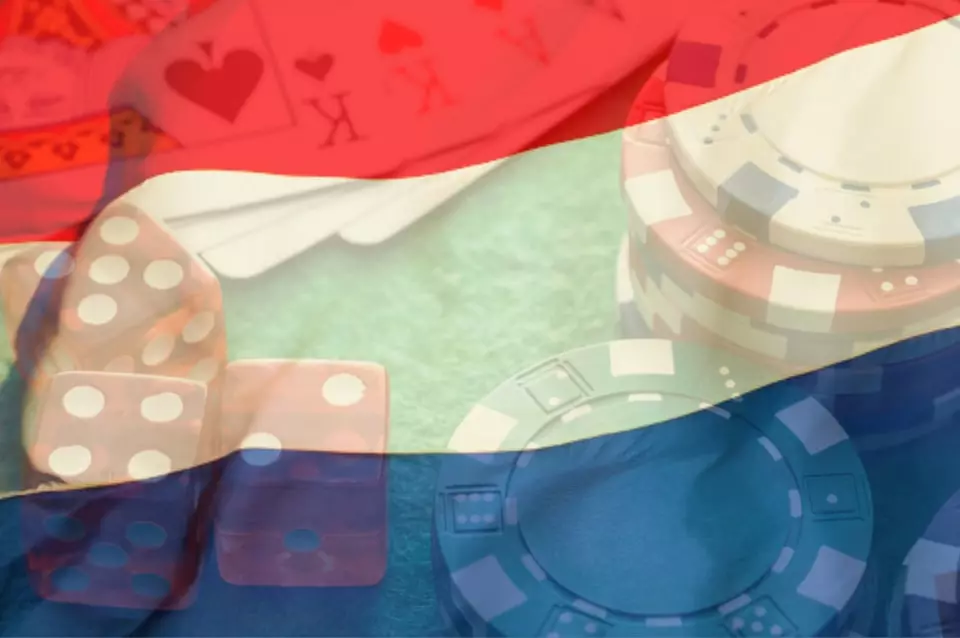 Kansspelautoriteit (KSA) has announced its decision to issue a monetary penalty worth €350,000 on an online gambling operator due to alleged failures related to Cruks.
Kansspelautoriteit (KSA) has announced its decision to issue a monetary penalty worth €350,000 on an online gambling operator due to alleged failures related to Cruks.
This is not the first time when the KSA imposes such a penalty on a local gambling company. In January this year, JOI Gaming faced a similar measure. The regulatory body also hit Shark77 with a massive fine. Kansspelautoriteit has been seeking to actively tackle illegal gambling in the country as part of its efforts to boost customer safety.
Cruks, the Dutch self-exclusion program aimed at protecting local customers from developing compulsive gambling habits, is often regarded as the first step a problem gambler takes on the road to recovery. The last few years have seen the Netherlands take a bunch of measures to ensure that the country’s most vulnerable consumers are well-protected against gambling-related harm.
However, one online gambling company has failed to meet the consumer protection standards as required by law. As revealed by the Dutch Gaming Authority in its latest penalty, Bingoal did not consult with the national self-exclusion program’s representatives when registering new players, which posed some risks to putting those customers in danger.
According to Kansspelautoriteit, the failures in question constituted an isolated event and were registered during a specific period of time. In June 2022, Bingoal allowed players to register their online gambling accounts with the company’s website but failed to run any of the checks necessary to make sure that the users registering are not problem gamblers or self-excluded gambling addicts.
The National Self-Exclusion Program Cruks Considered Major Part of Dutch Customer Protection Measures
 Under the provisions of the Netherlands’ gambling legislation, any new registration needs to be run by online gambling companies in line with Crucks, the national self-exclusion program, in order to make sure that players are provided with the safest gambling options on the market.
Under the provisions of the Netherlands’ gambling legislation, any new registration needs to be run by online gambling companies in line with Crucks, the national self-exclusion program, in order to make sure that players are provided with the safest gambling options on the market.
All gambling companies in the country hold the so-called PKI – a public key infrastructure certificate – that they use to ensure that their players are protected against gambling-related harm and no problems with the registration process occurred.
Last June, however, Bingoal faced a difficult choice. Its Public Key Infrastructure certificate had expired but the brand still made a decision to register new players instead of turning them away. That came to prove that the checks required under the provisions of the country’s gambling laws were not always possible. The online gambling company, however, did not waste any time and managed to get a new PKI certificate within three days from the expiration date of its previous one. As mentioned above, the investigation proved that the offense should never have occurred.
Although the company made efforts to act quickly and got the necessary public key infrastructure certificate as soon as possible, the Kansspelautoriteit argued that it should have made sure the offense has not occurred in the first place.
In a statement issued earlier this week, the Dutch Gaming Authority explained that the law clearly states that gambling companies need to run their new customers through the Cruks register before providing such players with access to high-risk products. If customers are found to be part of the program’s self-exclusion list, they should not be allowed on the online gambling platform. Kansspelautoriteit insisted that, for the time being, Cruks plays an extremely important part in the process of making sure that Dutch gamblers are protected against gambling-related harm.